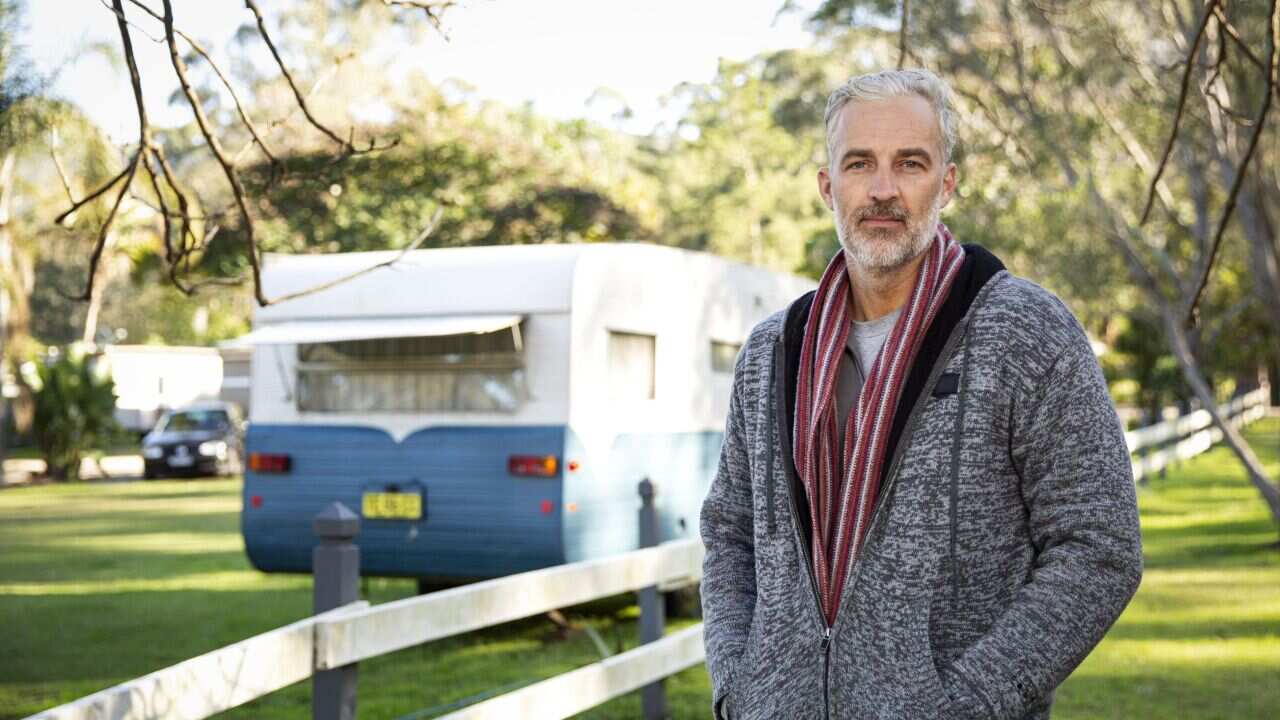The COVID-19 crisis has “left many victims of domestic and family abuse inside their homes with their abuser – all day, every day – as people isolate to prevent the spread of the virus,” observes Professor Kelsey Hegarty and Dr Laura Tarzia in published at the University of Melbourne website.
The UN Population Fund (UNFPA) that the global COVID-19 lockdown will result in 15 million more cases of domestic violence around the world.
In Australia, where Google searches about domestic violence in the first weeks of social isolation, the Federal Government announced to support Australians experiencing domestic, family and sexual violence due to the fallout from coronavirus.
Homelessness
So what's the link between domestic violence and homelessness? According to the Australian Institute of Health and Welfare, of the clients of specialist homelessness services have experienced family and domestic violence.
Domestic and family violence is from people seeking help from specialist support services. A Homelessness Australia , published in 2017, states that: “For women and their children escaping domestic and family violence, access to housing that is secure, affordable and immediately available is the most critical factor in their support pathway.”
Homelessness caused by domestic violence is closely tied to a victim’s financial independence. In Australia, women are usually economically worse off than men: they are more likely to take time out of the workforce to take on caring roles and to work part-time and are paid less than their male counterparts for the same work
Groups who are at a higher risk of domestic and family violence include women with disabilities, pregnant women, Aboriginal and Torres Strait Islander women, women experiencing financial hardship, and women and men who experienced abuse or witnessed domestic violence as children. In many cases, economic and social disadvantage also threaten their access to housing.
, often financially dependent on their spouses or unable to work due to , are also . Social isolation plus language and cultural barriers can restrict women from CALD communities from accessing support and legal services.
When a victim decides to leave a violent relationship, it often means leaving the family home.
When a victim decides to leave a violent relationship, it often means leaving the family home. Their options are usually limited: an abusive partner may control finances and their capacity to work may have been diminished by the abuse. If they are leaving with children, they need to find a safe place for them to stay too.
When they do, they might find themselves accessing a service like Carrie's Place Domestic Violence and Homelessness Services in Maitland.
When a victim contacts the organisation, her case is assessed and triaged by the intake team. A rapid response worker is on hand to help those who are high risk and in urgent need of assistance.
“We look at all their options, whether they have family or friends they can stay with…or they need emergency accommodation,” says Karen McKenzie, Specialist Domestic Violence Program Manager at Carrie’s Place.
From there, social housing is one option, but it is in short supply. Another option is the private rental market. “Carrie’s Place has been a leader in developing collaborative relationships with real estate [agents],” says McKenzie. “A number of real estates work closely with us to provide affordable options for women escaping domestic violence.”
Some women might qualify for , a program run with NSW Police designed to prevent women and their children becoming homeless or having to move away from support systems of family and friends, and the school and community where they live.
Safety fears, social dislocation and a lack of financial resources are some of the barriers that women face when fleeing a violent relationship.
Safety fears, social dislocation and a lack of financial resources are some of the barriers that women face when fleeing a violent relationship. The difficulties in finding accommodation is another contributing factor to the cyclic nature of domestic violence.
“Every year, demand is double what we are funded to provide,” says McKenzie. Carrie’s Place offers refuge accommodation to clients but rarely has vacancies.
“It would be better if every time someone called…we were able to provide more options instead of having to plan around keeping safe in their current circumstance until a space becomes available,” she says.
“There are never enough resources. The day that there is, we’ll all be very relieved.”
If you put six Australian women in a room, will have experienced physical or sexual violence by a current or former partner since the age of 15. For men, it’s one in 16. One in four women and one in 20 men have experienced emotional abuse by a current or former partner.
Damning statistics like these reveal the widespread incidence of domestic violence in Australia, which on average takes the life of one woman every nine days in Australia. In 2019, 62 women in Australia died violent deaths, according to kept by the Counting Dead Women Australia researchers of .
At this early stage, the social costs of the pandemic are hard to quantify, but, as Professors Gigi Foster and Martha Hickey in The Conversation, will most likely “be paid by young women and by mothers, creating inter-generational trauma, particularly within vulnerable populations.”
Filthy Rich & Homeless airs over three nights – June 9, 10 and 11 – on SBS at 8:30pm and SBS On Demand after broadcast.
Filthy Rich & Homeless Season 3 will also be subtitled in Simplified Chinese and Arabic and will be added to the subtitled collection on SBS On Demand'.





